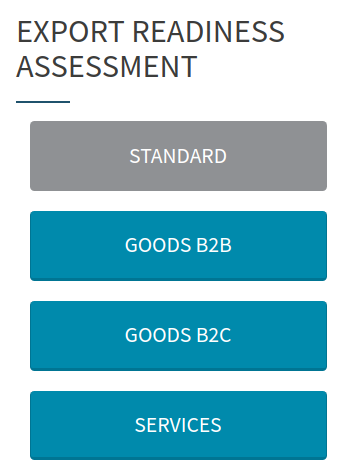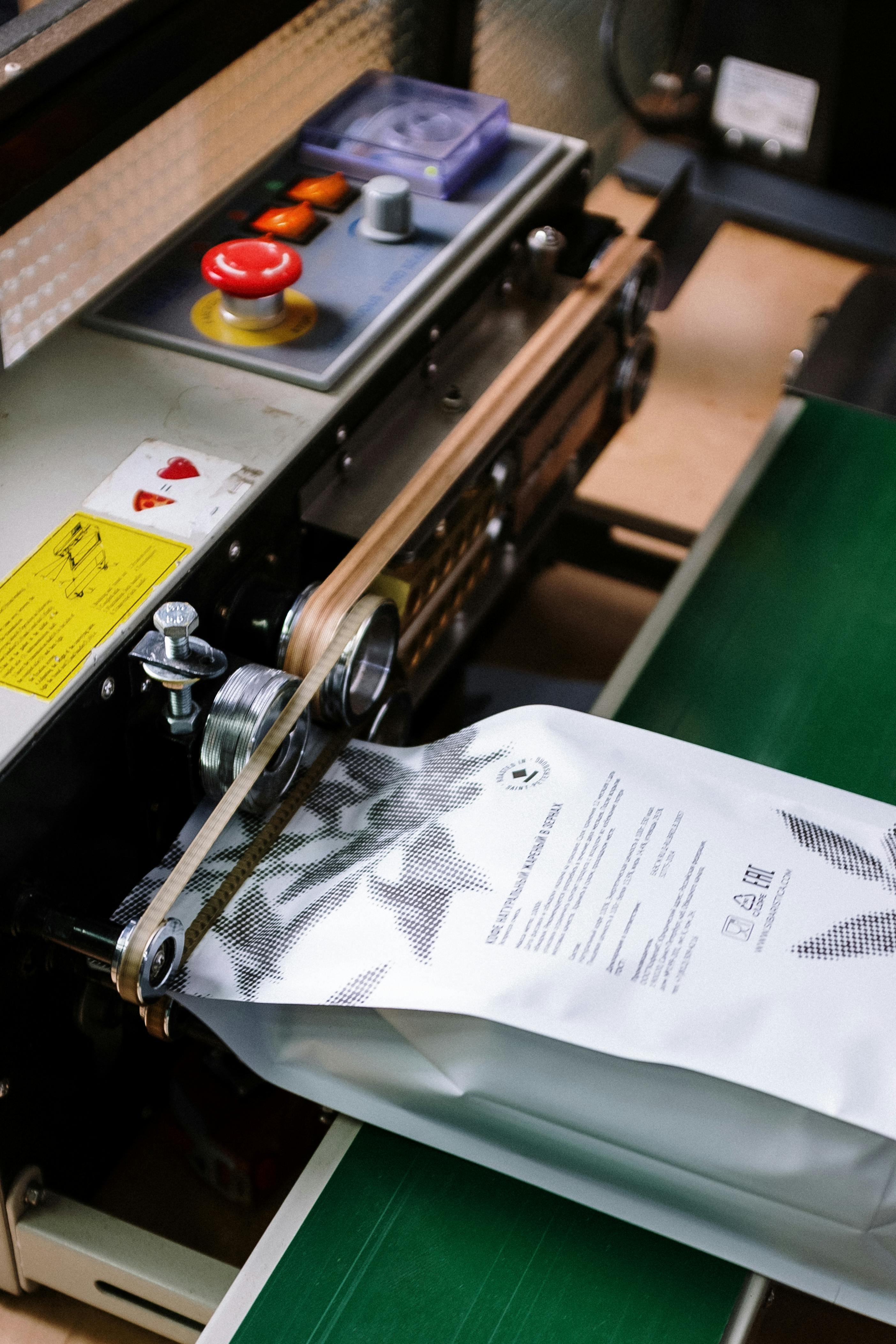Ready for Export? A Question of Key Importance to Start a Successful Internationalization Project
The utility of diagnostic tools profiled by type of enterprise
Published by Marcello Antonioni. .
Planning Bestpractice Internationalisation Internationalisation toolsAnalyzing in depth the characteristics and the current state of the company is a fundamental starting point to ensure that internationalization can be translated into an opportunity for growth and development. The success of a company's internationalization process is significantly determined by the following elements:
- Suitability of the company, not only in terms of financial resources but, above all, in terms of commitment of the company, human resources and competitiveness of its offer system
- Correct evaluation of its strengths and weaknesses, fundamental to identify the foreign markets where the company has the greatest chances of success
The evaluation of the preparation of the company and the underlying factors becomes fundamental to:
- Decide when to go abroad
- Select the foreign markets on which to orient the internationalization process1
- Choose the most effective entry strategies2
- If necessary, initiate special projects that overcome weaknesses and consolidate strong points
Critical success factors for foreign readiness assessment
Critical factors in the assessment phase of an enterprise's readiness to explore foreing markets (Export Readiness) are the following:
- Efficiently extraction of relevant business information
- Organization of such information in order to generate shared knowledge (within the company and between the company and the system of service providers)
- Possibility of historicization of the information, in order to have reference points for subsequent evaluations
The use of diagnostics profiled by company type can provide a solid basis for the planning process
Metrics of evaluation
It seems essential to evaluate business characteristics through specific benchmark, referring to the same enterprise (previous assessment) or "similar" enterprises (peers).
Evaluation questionnaire
Not all questions have the same effectiveness in terms of the ability to extract from the respondent a correct evaluation of the business characteristics under analysis3.

New Feature: Evaluation of Export Readiness profiled by type of enterprise
In order to increase the effectiveness of the evaluation of business characteristics, the Export Readiness Assessment (ERA) tool - available on ExportPlanning and aimed at measuring the Export Readiness of a company - has been enriched with a profiling of the evaluation questionnaire for the following types of enterprise:
- GOODS B2B: specific for enterprises that sell to other enterprises
- GOODS B2C: for businesses that target consumers
- SERVICES: dedicated to enterprises operating in the tertiary sector
When accessing the ERA tool, the user can select the type of questionnaire of interest4. Each of them has both common and other specific contents. In particular, with reference to the latter:
- B2B manufacturing: the questionnaire gives more emphasis to the following elements of evaluation:
- Satisfaction of specific needs of business customers
- Level of evolution of marketing and communication (such as the ability to develop a "tailor-made" marketing plan for each type of customer)
- Ease of use of the product, as well as ability to customize the product
- Capability in logistics management
- B2C manufacturing: the questionnaire gives greater emphasis to the following elements of evaluation:
- Knowledge of the rules related to the target markets (licenses, certificates, etc.)
- Ability to compete even at the price level
- Services: the questionnaire gives greater emphasis to the following elements of evaluation:
- Degree of digitization of the company
- Ease of use of the service
(1) See the article "Export Checkup: preparatory activity for internationalization planning - The relevance of the Export Readiness evaluation for the definition of target markets".
(2) See the article "Export Readiness Assessment as a pivotal step for a successful International Planning - The assessment of the Internal Factors is a key point for both Market Selection and Market Entry Strategy".
(3) Over the past few years, scientific studies have been published that have attempted to assess which questions are the most effective for evaluating an SME. Many of ER's questionnaires prioritize synthesis by containing less than 20 the total number of questions. It is the questionnaires that users seem to prefer, but they are not always effective in identifying the true characteristics of the enterprise. Other questionnaires are, instead, very detailed, going so far as to propose a number of questions that can be close to 100. They are very effective questionnaires and reward the respondent with a precise analysis of their strengths and weaknesses. However, they require an a priori act of trust from the respondent, which the respondent is not always willing to grant.
In order to combine the efficiency of the compilation, safeguarding the quality of the questionnaire administered, the ExportPlanning tool ERA provides the possibility of filling it in in two phases:
- Preliminary assessment: provides an approximate evaluation, but one that allows you to appreciate the topics covered, the way they have been developed and the quality of the output;
- In-depth assessment: improves the quality of the evaluation, by deepening the information already acquired.


